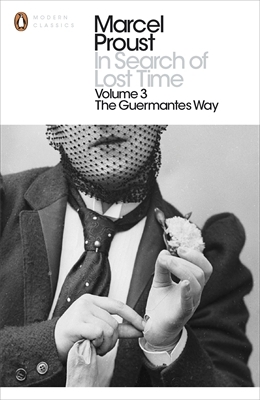And if it was so important to her that other people should know we ‘had money’ (for she knew nothing about the use of what Saint-Loup called partitive articles and would say ‘have money’, ‘fetch water’),6 that we were rich, it was not because wealth alone, wealth without virtue, was the supreme good for Françoise, but virtue without wealth was not her ideal either. For her, wealth was like a necessary condition without which virtue would lack both merit and charm. She made so little distinction between the two that she came to see their qualities as interchangeable, expecting material comfort
...more
Welcome back. Just a moment while we sign you in to your Goodreads account.


